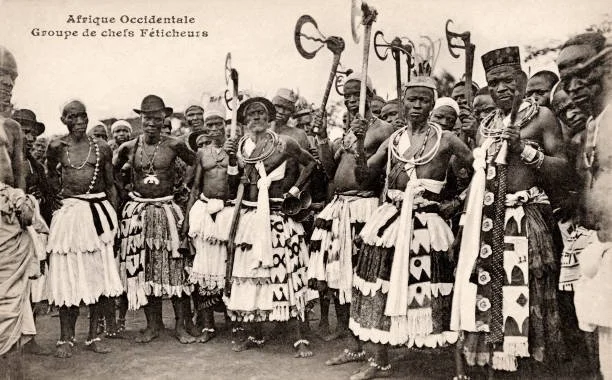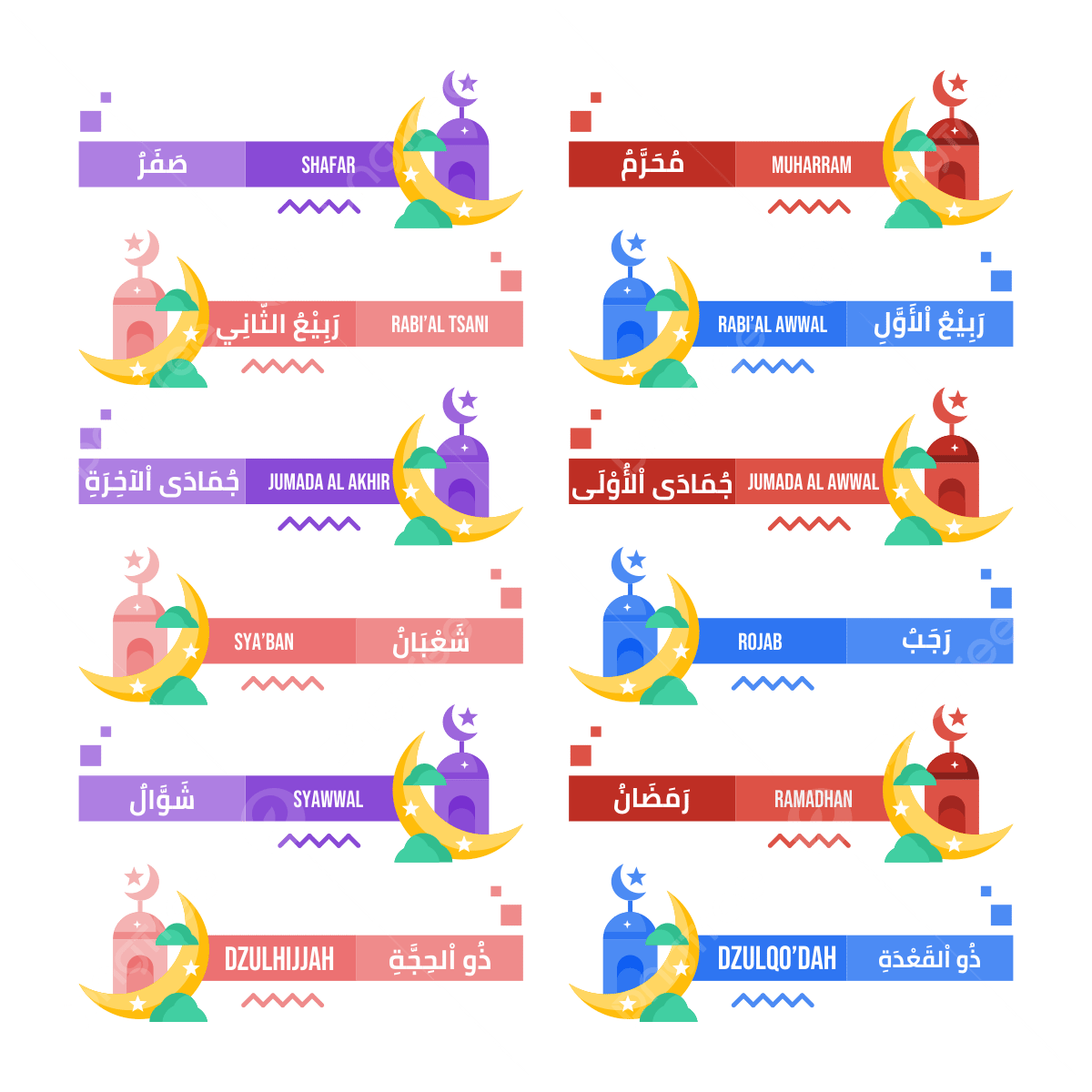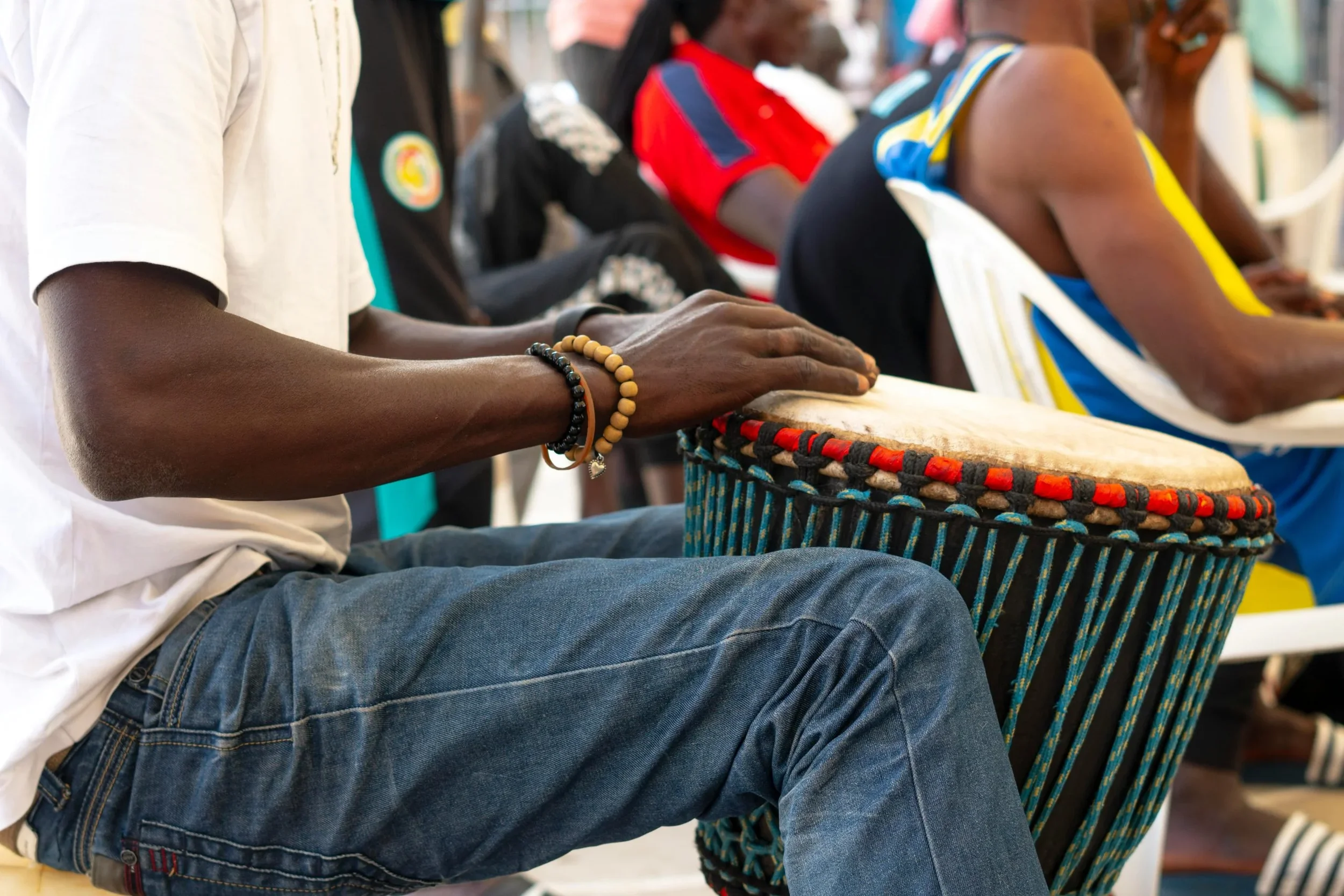The Wolof Calendar: How Time and Seasons Are Viewed Culturally
By: Chimdindu Ken-Anaukwu
In Senegal, time isn’t just numbers on a clock or dates in a calendar. Among the Wolof people, time, seasons, and festivals are deeply intertwined with culture, religion, and daily life.
Understanding the Wolof calendar gives you a glimpse into how community, agriculture, and spirituality shape the rhythm of life in Senegal.
🗓️ Weeks, Months, and Days in Wolof Culture
The Wolof week is similar to the Western week, with seven days, each having its own name and cultural nuances. While the global Gregorian calendar is used for official matters, local events, ceremonies, and farming cycles often follow traditional time markers.
Altine – Monday
Talaata – Tuesday
Àllarba – Wednesday
Alxames – Thursday
Aar – Friday
Aseet – Saturday
Dibéer – Sunday
These names are more than labels; each day carries customary activities and religious significance. For example, Friday (Aar) is central for community prayers and gatherings.
🌾 Seasonal Understanding
Senegal’s climate, especially in Wolof regions, is divided into two main seasons:
Rainy Season (Xarit) – Usually June to October
Dry Season (Géej) – November to May
Agriculture, weddings, and festivals often align with these seasons. Farmers plant millet, rice, and peanuts at the start of the rainy season, while dry season festivals celebrate harvests, marriages, and religious holidays.
✨ Cultural Time Markers and Festivals
Wolof culture emphasizes living in harmony with nature and community. Here are some examples:
Tabaski (Eid al-Adha) – Dates vary based on the Islamic lunar calendar. Celebrations include communal prayers, feasts, and family gatherings.
Gamou – Commemorates the birth of Prophet Muhammad, involving prayers, singing, and storytelling.
Harvest Celebrations – Linked to the agricultural calendar, showcasing communal labor, music, and sharing of crops.
Time is measured not only by hours but by rituals, life events, and natural cycles.
🕊️ The Philosophy of Wolof Time
Wolof culture treats time as relational rather than linear. Being punctual is less about the clock and more about relationships and respect.
For example, arriving late to a family gathering isn’t just tardiness; it’s about context, conversation, and communal flow. Life events, from naming ceremonies to weddings, are scheduled according to communal readiness rather than strict hours.
🌍 Why Understanding the Wolof Calendar Matters
Learning about the Wolof calendar isn’t just academic. It offers insight into:
Community dynamics – When people gather and why
Agricultural rhythms – How food and celebrations are timed
Cultural respect – Understanding ceremonies and daily customs
For travelers, cultural enthusiasts, and language learners, aligning with these time cues shows respect and appreciation for Wolof life.
📱 Learn Wolof and Its Culture with NKENNE
NKENNE helps you not only learn the Wolof language but also immerse yourself in Wolof cultural practices, including understanding the local sense of time, seasons, and festivals.
Master Wolof vocabulary for days, months, and festivals
Understand social and religious customs around time
Experience cultural insights that enhance travel and communication
Embrace the rhythm of Wolof life and deepen your connection with Senegal.


